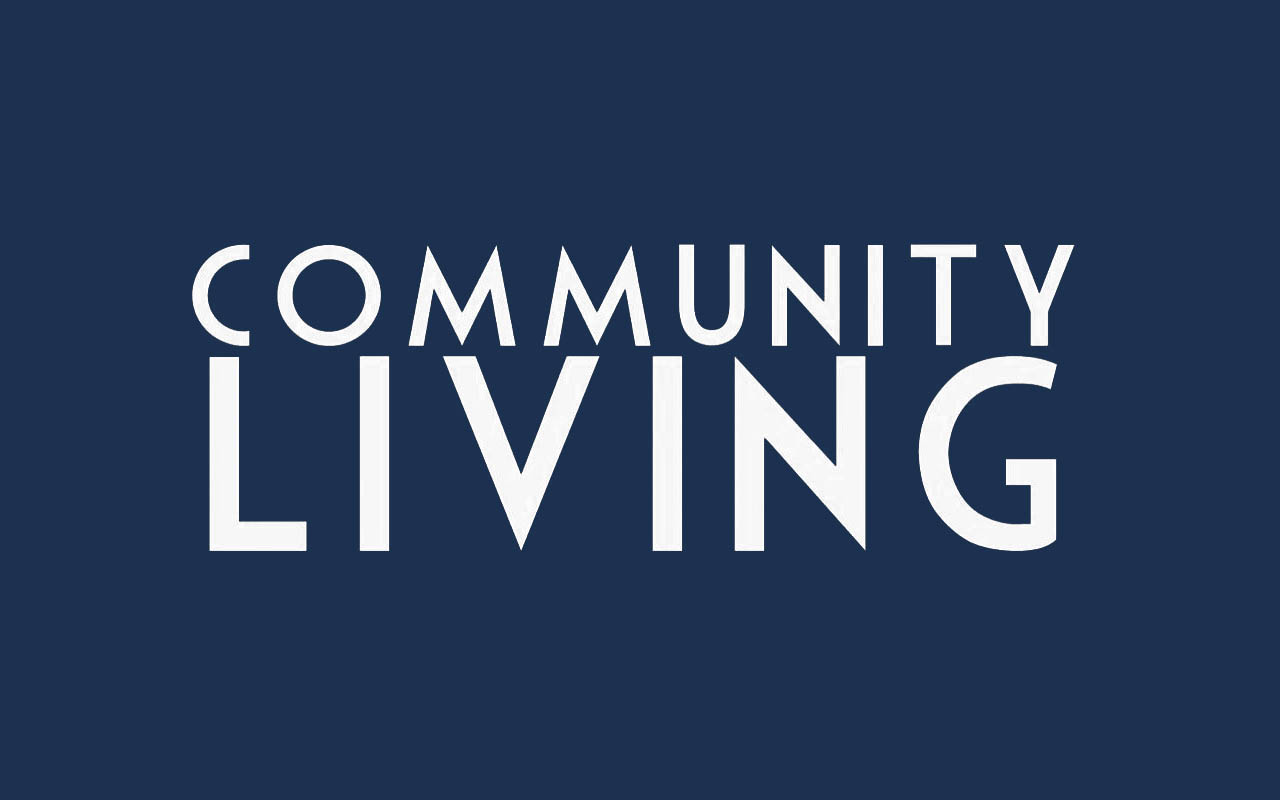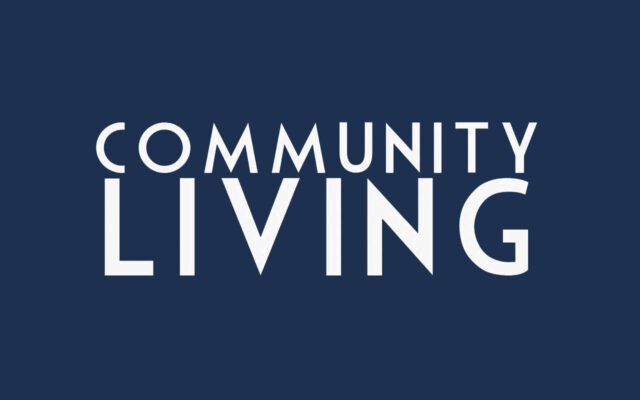Remote support can help people negotiate day-to-day issues, and peer support in mental health is explored.
Support at a distance
Zaagsma M, Koning MHM, Volkers KM, Schippers AP, van Hove G. Supporting independently living people with intellectual disabilities: a qualitative study into professional remote support practices. Journal of Learning Disabilities. 13 June 2022.
Professional services are seeking more remote approaches to supporting disabled adults in any type of setting, including independent living.
While this way of delivering services was accelerated due to the pandemic, it was also developed to minimise costs and improve access to care. It has also been argued that remote services allow more choice and privacy for a person.
Remote services were intended to improve long-term care by making it “more person centred and to increase self-direction”.
This qualitative study analysed remote services provided by support staff at Dutch service DigiContact.
It was designed, planned and delivered by numerous skilled and experienced researchers along with a co-researcher with intellectual disabilities.
Using documents, interviews with people supported by DigiContact, caseworkers and support workers, the research team analysed the material and identified seven key themes.
The themes were grouped into categories, according to the “what” of the support (such as how to make an appointment) and the “how” of providing this (such by phone, video call or email).
The findings were positive, especially regarding people with learning disabilities who were living independently by strengthening their capabilities to manage day-to-day issues. This gave the person a greater sense of control and a feeling that workers were supportive.
However, it was not always possible to have the same workers offering a person remote support, which made it more difficult to build relationships.
Not enough is written about the potential of remote services and this study hopes to encourage further research into this.
It is noted that remote services are not suitable for every setting and person and should not be seen as a quick fix for social care.
Peer support
Ali S, Allum P, Vassell S, Levitan T. Peer support by and for people with learning disabilities. Journal of Learning Disabilities. 9 August 2023.
Peer support in this study is that provided by people with direct experience of mental health problems and services. The paper acknowledges that the NHS has long recognised the need for peer support in healthcare.
The article considers peer support for those with learning disabilities experiencing mental health concerns, with a focus on recovery. This is defined as “more than improving symptoms, it is about living a good life even if you still have mental health difficulties”.
The research team consisted of adults with learning disabilities with experience of mental ill-health as well as a psychologist. All had taken part in recovery programmes and all contributed to writing the article.
Isolation in society and belittling language were reported to affect the mental health of those with learning disabilities considerably.
The researchers shared their opinions and experiences at workshops, and discussed how they could offer insight to help others like themselves recover. Their views about the training they had received to be a peer supporter were explored.
The group explored causes of mental health problems and differences between people developing these conditions and those born with a learning disability.
Isolation in society and belittling language were reported to affect the mental health of those with learning disabilities considerably.
The study identified the skills needed by peer and non-disabled supporters, and the importance of an inclusive team. The group valued being seen as professionals but acknowledged the stresses this could involve.
It is evident these roles have a great deal to offer.



